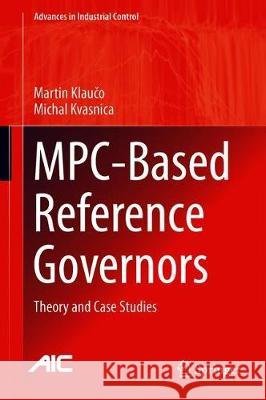Mpc-Based Reference Governors: Theory and Case Studies » książka
topmenu
Mpc-Based Reference Governors: Theory and Case Studies
ISBN-13: 9783030174040 / Angielski / Twarda / 2019 / 137 str.
Mpc-Based Reference Governors: Theory and Case Studies
ISBN-13: 9783030174040 / Angielski / Twarda / 2019 / 137 str.
cena 402,53
(netto: 383,36 VAT: 5%)
Najniższa cena z 30 dni: 385,52
(netto: 383,36 VAT: 5%)
Najniższa cena z 30 dni: 385,52
Termin realizacji zamówienia:
ok. 22 dni roboczych.
ok. 22 dni roboczych.
Darmowa dostawa!
Kategorie:
Kategorie BISAC:
Wydawca:
Springer
Seria wydawnicza:
Język:
Angielski
ISBN-13:
9783030174040
Rok wydania:
2019
Wydanie:
2019
Ilość stron:
137
Oprawa:
Twarda
Wolumenów:
01











